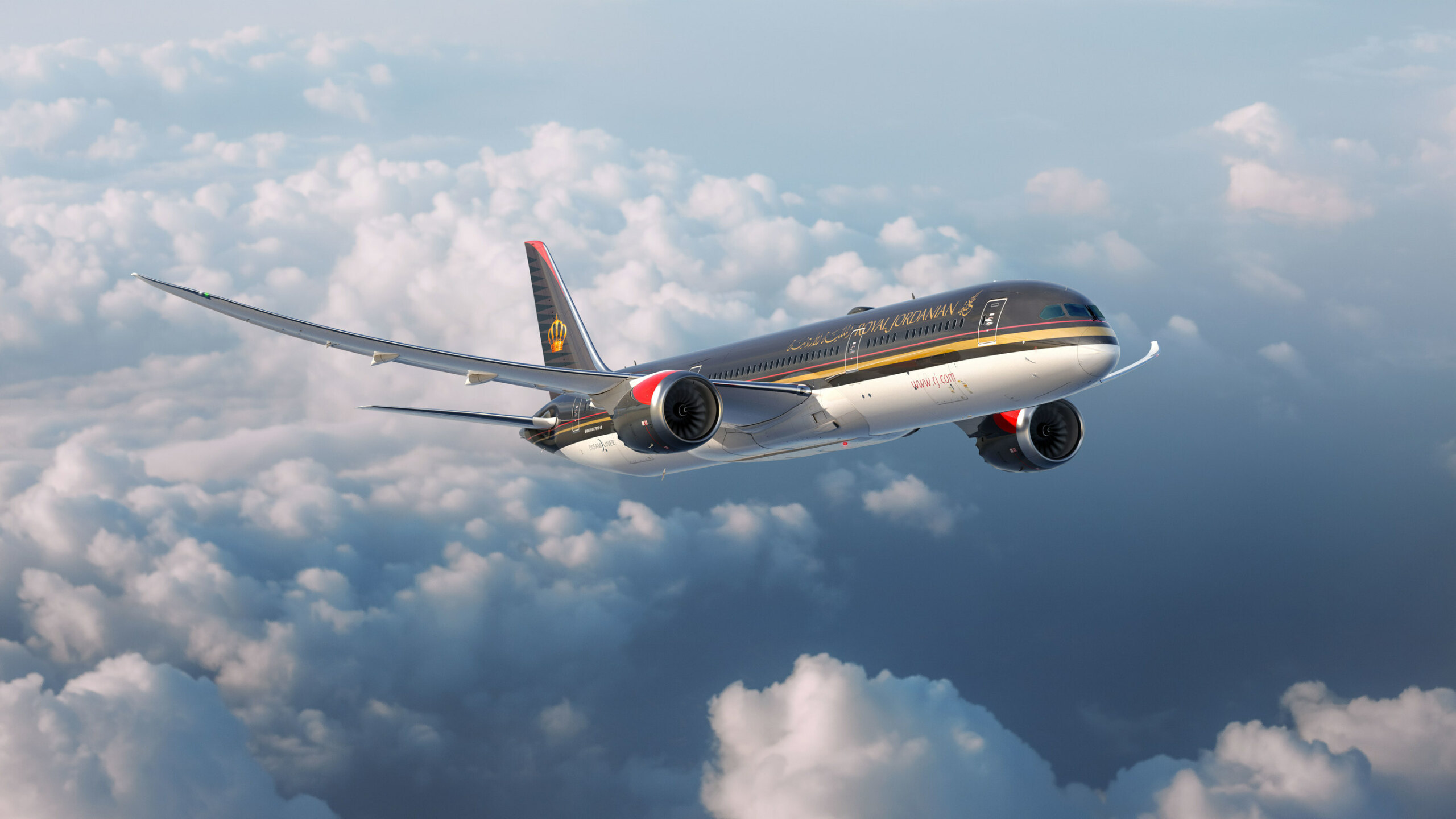
Royal Jordanian Airline: How the Gaza War and Airbus Delays Have Affected the Aviation Giant.
Royal Jordanian Crisis
Royal Jordanian Airlines, one of the largest carriers in the region, faces major challenges in 2024. The Gaza conflict and associated geopolitical tensions have dealt a significant blow to the company’s operations, coupled with problems with the delivery of new Airbus aircraft. These events are forcing the carrier to review its strategies and adapt to the new reality.
The escalating conflict in Gaza has had an impact on the Middle East aviation industry as a whole. For Amman-based Royal Jordanian, it has led to a decline in demand for flights as tourists and business travellers have become less likely to choose the region as a destination due to safety concerns. Some flights have had to be rerouted to avoid airspace near the conflict zone, increasing travel times and operating costs. The escalating conflict has also impacted oil prices, increasing the airline’s costs.
Another blow to Royal Jordanian has been delays in the delivery of new Airbus aircraft caused by global supply chain issues. The airline ordered new Airbus A320 and A321 models to update its fleet and improve fuel efficiency. However, deliveries have been delayed, forcing the carrier to fly older aircraft longer than planned. The delays are also complicating the airline’s plans to expand its routes, particularly to Europe and North America.
Despite the challenges, Royal Jordanian is taking steps to minimize the impact. The carrier is redeploying aircraft to the most profitable routes, temporarily suspending flights with low demand. To compensate for the shortage of aircraft, the company is collaborating with international carriers through code-sharing agreements. In addition, in the context of the crisis, Royal Jordanian is accelerating the implementation of technologies such as online booking and process automation to reduce costs.
Although the current challenges are serious, the airline has a chance to recover. Increased demand for air travel in the future is possible if the geopolitical situation stabilizes. With the resumption of Airbus deliveries, Royal Jordanian will be able to strengthen its position in the market. Regional and international tourism in Jordan, including visits to attractions such as Petra and the Dead Sea, remains a significant source of income.
This is not the first time Royal Jordanian has faced challenges. Over its 50-plus year history, the airline has survived economic crises, wars and pandemics. Overcoming the current challenges requires flexibility, innovation and strategic vision – qualities that have helped the carrier stay afloat on multiple occasions.
Recommended
See all






